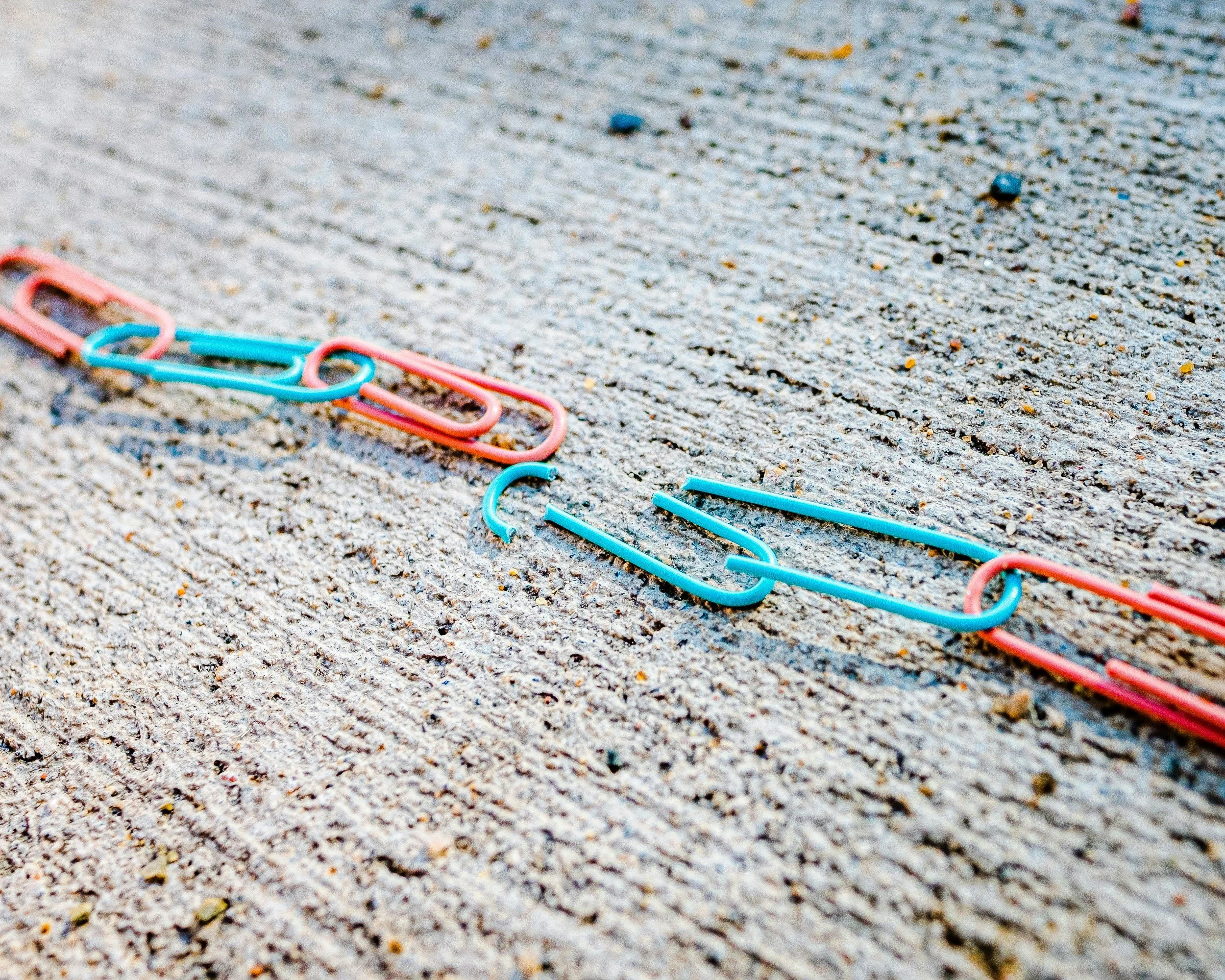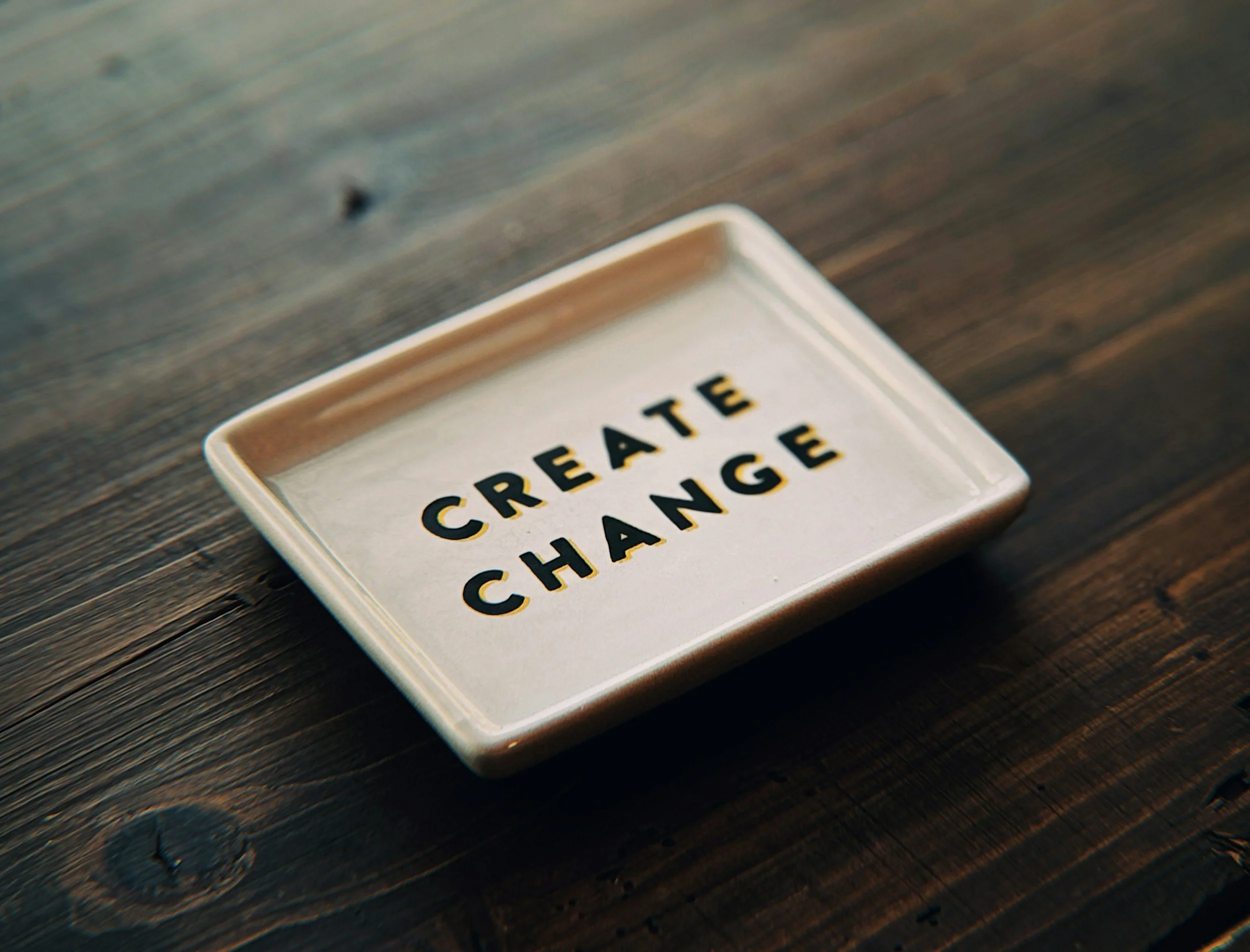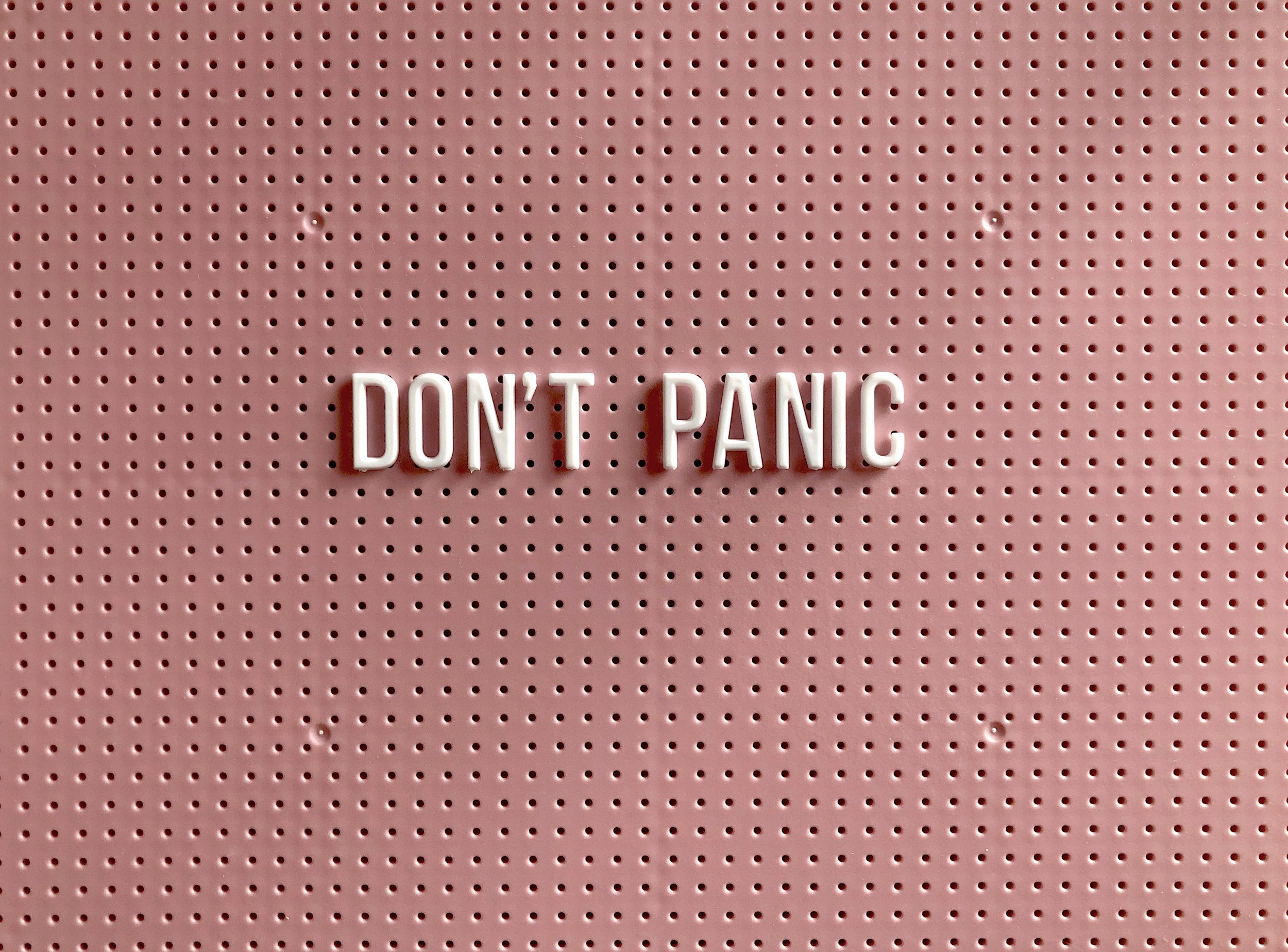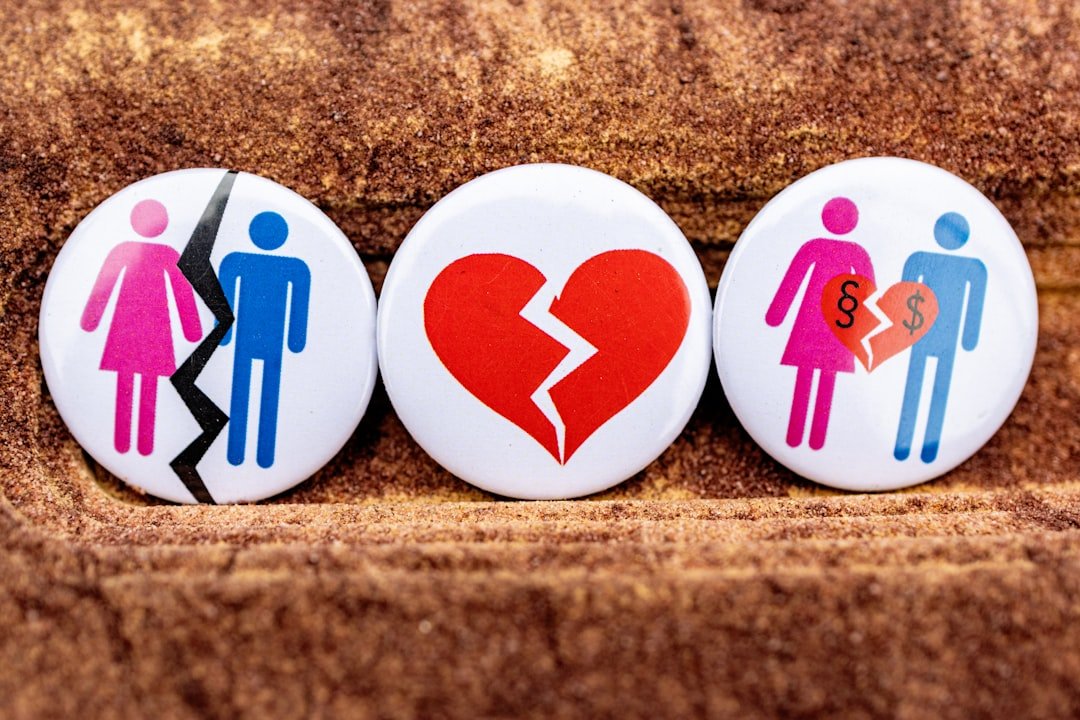
Blog
Cultivate & Motivate
Life Learnings, motivations & tips to reference during difficult times, stressful workdays and moments when manifesting your most authentic self.

Why Leaving Isn’t the End: Navigating Post-Separation Manipulation and Emotional Hooks
If you’ve left a narcissistic relationship but still feel emotionally pulled, confused, or unsettled, you’re not doing anything wrong. You’re navigating a complex recovery phase that isn’t talked about enough.
With the right support, emotional hooks loosen. Boundaries strengthen. And your sense of self returns — not abruptly, but steadily.

Identity in Flux: Who Are You When Everything Changes at Once?
During periods of identity flux, many people cling tightly to old definitions of themselves — because letting go feels like losing control.
But holding onto outdated identities can create tension and frustration.
Letting go doesn’t mean erasing the past. It means recognising when an identity no longer fits the life you’re living now.

The Role of Self-Talk in Preventing Panic Spirals
One of the lasting effects of panic is distrust — not just in your body, but in your thoughts.
You may question every sensation, scan constantly for danger, or feel afraid of your own reactions. Supportive self-talk helps rebuild internal safety.

Relearning How to Be Alone Without Feeling Lonely
Being alone after separation often reveals parts of yourself that were sidelined. You may rediscover interests, values, or preferences that had faded into the background.

PTSD and the Myth of ‘Getting Over It’
Healing from trauma is not about becoming someone untouched by the past. It’s about becoming someone who can live fully in the present — with awareness, compassion, and choice.
If you’re carrying the weight of expectations to be “over it,” it may be time to redefine what recovery really means for you.

Learning to Rest Without Guilt: The Psychology of Permission to Pause
Strength isn’t the ability to keep going indefinitely.
Strength is recognising when pausing is the most responsible thing you can do — for your wellbeing, your relationships, and your long-term resilience.
Learning to rest without guilt doesn’t mean abandoning ambition. It means learning to sustain yourself rather than sacrifice yourself.

The Hidden Recovery Phase: When Freedom Feels Uncomfortable
When you’ve been in a relationship with a narcissistic person, your emotional world becomes shaped by their needs, reactions, and expectations. You learn to anticipate their moods, manage their responses, and edit yourself to avoid conflict or criticism.
This creates a false sense of stability — not real safety, but predictability.

From Stability to the Unknown: Why Change Triggers Anxiety
Change often feels like loss — even when it’s growth. You’re expanding into a new version of yourself, and expansion stretches your emotional capacity.
The goal isn’t to eliminate the discomfort — it’s to hold it, understand it, and grow through it. With time, what feels overwhelming today can become the foundation of new confidence, resilience, and self-awareness.

When Your Body Hijacks You: Making Sense of the Panic Response
Your body is not your enemy — it’s doing the best it can with the signals it has. Panic responses are overwhelming, but they are also understandable, manageable, and treatable with the right support.

When You Miss What You Know Wasn’t Good for You
When a relationship ends, it can feel like your world has shrunk. But in time, that emptiness becomes space — space to rediscover who you are when you’re not defined by what you’ve endured.
Maybe you’ll notice small signs of yourself returning — the music you stopped listening to, the hobbies you set aside, the quiet confidence that begins to rebuild. These are milestones worth noticing.

Why Everyday Noises Can Feel Like Threats After Trauma
Recovery from trauma is not about forgetting what happened. It’s about helping your body and mind understand that you’re safe now. Over time, with patience and support, the world can start to feel less threatening and more manageable.

Why We Dismiss Our Own Stress Until It’s Too Late
Stress will always be part of life, but suffering in silence doesn’t have to be. By recognising the early signs and reaching out for support, you can prevent overwhelm from becoming burnout.

The Slow Erosion of Self: How Narcissistic Abuse Redefines Your Sense of Reality
Rebuilding a strong, grounded sense of self is a gradual process. Counselling offers a supportive environment to untangle the narratives imposed by the abuser and reconnect with your own perspective.

When Growth Feels Like Loss: The Emotional Cost of Change
Change is inherently paradoxical. It brings opportunity and loss, excitement and fear, hope and nostalgia. Embracing this complexity allows you to move forward with awareness, rather than pushing feelings aside or judging yourself for experiencing them.
Growth doesn’t have to erase the past — it can honour it while creating space for new experiences, perspectives, and ways of being.

The Fear of Fear Itself: Understanding Anticipatory Panic
Anticipatory panic can make fear feel like a constant companion. But reframing your relationship with fear can be liberating. Instead of seeing it as a threat, you can begin to view it as a signal — a message from your body that requires attention, rather than a warning of inevitable disaster.

The Emotional Hangover After Separation: Why the Hardest Part Often Comes Later
One of the most challenging aspects of separation is redefining your narrative. You may feel a sense of failure, guilt, or shame, but these feelings often reflect societal expectations rather than reality.
Reframing your experience involves acknowledging your resilience. You’ve faced a difficult transition, and while the emotional aftermath can be intense, it also signals your capacity to heal and rebuild.

The Body’s Story: How Trauma Speaks When Words Fall Short
Healing from trauma is not just about addressing thoughts or memories — it’s about engaging with your whole self. The mind and body are interconnected; each informs the other.
By paying attention to the body’s signals, survivors can uncover emotions that may not have surface words. They can also notice patterns in posture, movement, or energy that point to areas of unprocessed trauma.

The Hidden Stress of Always Being the Strong One
If you’ve spent years being the strong one, you might not even know who you are without that role. That’s okay. It takes time to unlearn the habits of emotional over-functioning — and you don’t have to do it alone.

Coping When the House Feels Empty: The Loneliness After Pet Loss
Grief is the price we pay for love, and when it comes to pets, that love is unconditional. Your sadness is proof of the bond you shared—a bond worth remembering and honouring.
The emptiness in your home may feel overwhelming right now, but slowly, it will shift. The silence will soften, the routines will reshape, and the memories of your pet will move from painful reminders to cherished treasures.

Breaking the Guilt Loop: Why You’re Not Lazy - You’re Exhausted
Breaking the guilt loop isn’t about forcing yourself to “get over it.” It’s about recognising that exhaustion is real and valid, and that rest is not laziness—it’s part of healing.
The next time you catch yourself thinking, I’m lazy, try shifting the narrative: I’m tired, and I deserve care. That small change in perspective can open the door to more compassion, gentler expectations, and ultimately, a lighter load.

Start your journey
Be brave. Talking is one of the oldest therapeutic methods on the planet, sometimes all we need is another person who listens and gets who we are.
